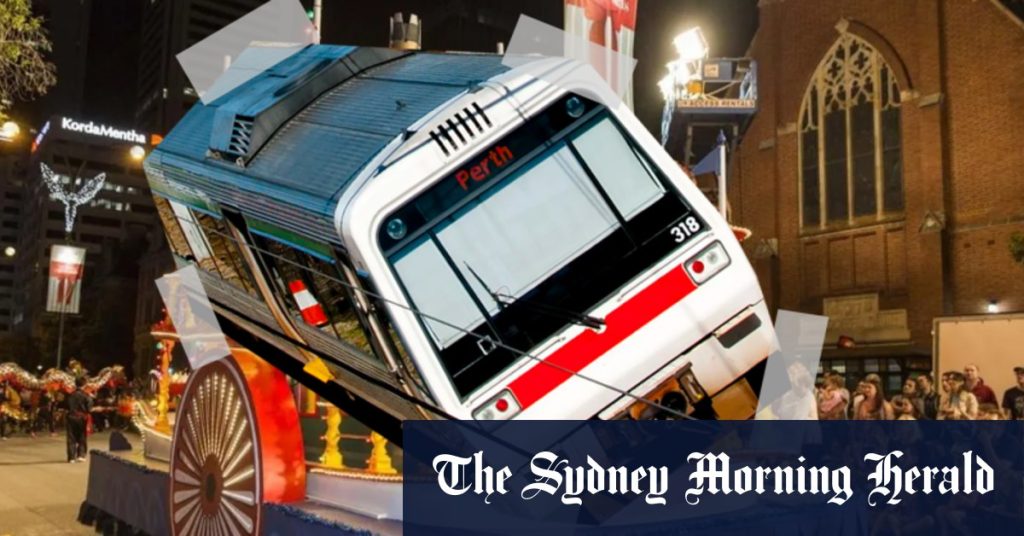The state government in Western Australia recently proposed the creation of a float to celebrate the positive impact of the Metronet public transport network across the metropolitan area. However, the initial proposal was changed to focus on design, production, and event management. The state government was reportedly unaware of these changes to the tender advertisement. While the original float proposal will not be proceeding, the government spokesperson mentioned that they are exploring more cost-effective ways to participate in the parade and promote the rail network expansion. Opposition leader Shane Love criticized the plan, stating that it lacked educational value and appeared more as a promotion of the Labor government’s policies. He emphasized the importance of transparency in government spending and urged for clarity on the purpose and cost of such advertising initiatives.
The opposition leader expressed concerns over the lack of transparency surrounding government advertising expenditure and highlighted the need for accountability in using taxpayer funds for public information campaigns. He referenced past reports by the auditor general that have raised issues with government advertising practices, emphasizing the importance of distinguishing between legitimate public information campaigns and promotional initiatives aimed at self-survival of the ruling party. Love criticized the promotion of government policies through taxpayer-funded advertising, calling for more clarity and openness about how public funds are being allocated for such initiatives. The opposition also questioned the cost of other promotional activities, such as the exhibition at the Perth Royal Show, calling for greater scrutiny and accountability in government spending.
The Metronet public transport plan was a significant pledge made by WA Labor during the 2017 election, involving the development of over 70 kilometers of rail and 23 new train stations. Initially estimated to cost $3 billion, the total capital cost of the project has now risen to nearly $13 billion. The proposed float to celebrate the Metronet’s impact was met with criticism from the opposition, with spokesman Tjorn Sibma labeling it as “tone-deaf” and “frivolous.” Sibma argued that the funds allocated for the float could have been utilized more efficiently elsewhere, raising concerns about the government’s spending priorities and the perceived extravagance of the proposed advertising initiative. The opposition reiterated the importance of responsible financial management and prioritization of public spending in delivering tangible benefits to the community.
Overall, the controversy surrounding the proposed Metronet float highlights the broader issues of transparency and accountability in government advertising expenditure. The opposition’s criticism of the initiative reflects concerns about the prioritization of promotional activities over essential services and the need for clarity on the purpose and cost of public information campaigns. As the government continues to assess alternative ways to participate in the parade and promote the rail network expansion, the debate over the allocation of taxpayer funds for advertising initiatives underscores the importance of effective governance and responsible financial management. The public’s right to know how their money is being spent and the necessity for clear communication on government spending decisions remain crucial aspects of democratic accountability and public trust in the administration.













